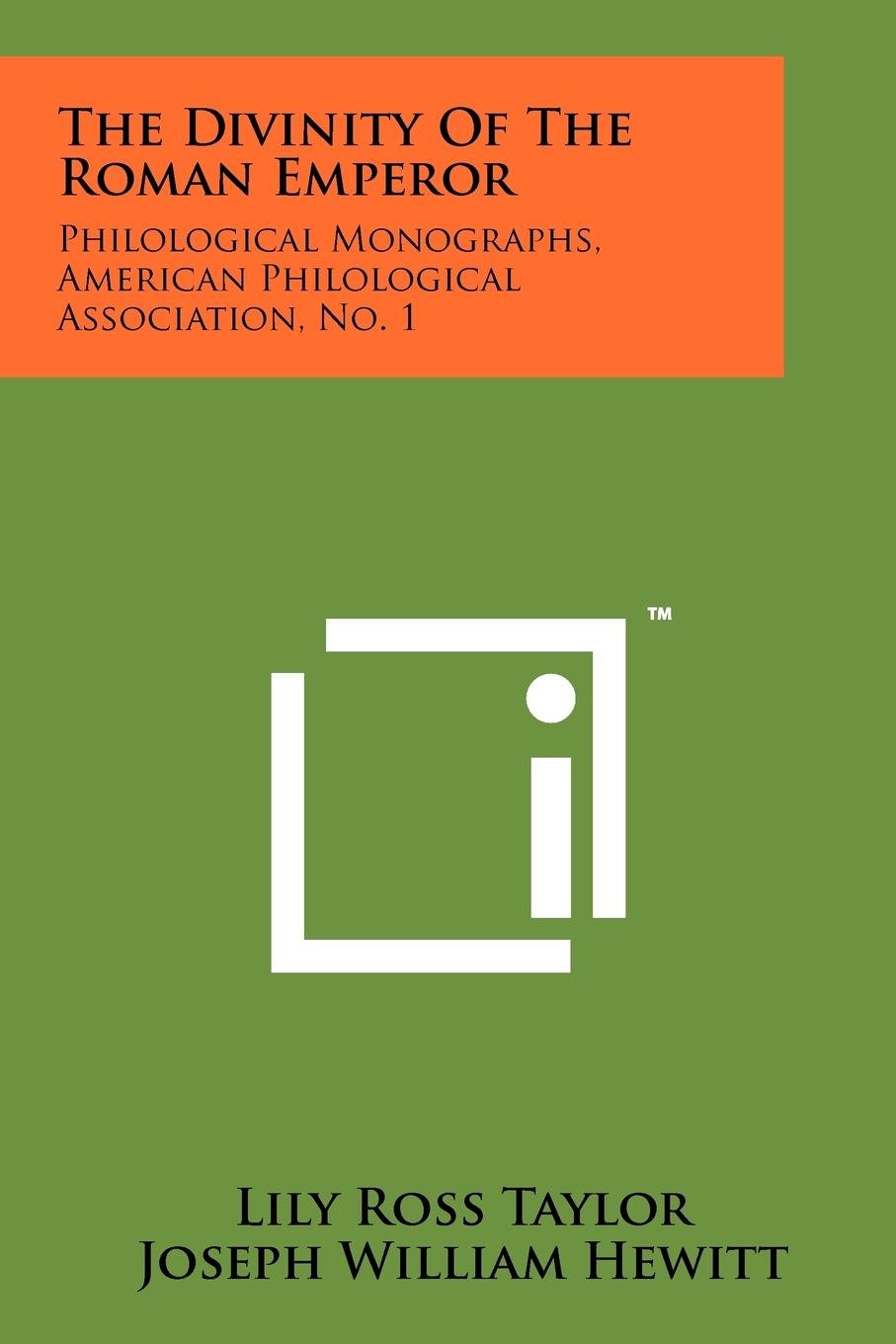As Taylor notes, the real irony is that while Caesar was killed to keep him from amassing too much power and becoming a "god," his very death is what led to him gaining divinity and thus the emperors that would follow him.
The idea that an emperor would be a god was really something that derived from eastern kingdoms in the Roman empire--most specifically Egypt. People in that portion of the empire were thus more inclined to think of an emperor as a god to begin with. The trickier part was getting Roman people to go along with such an idea. In that sense, a dead emperor was more easily proclaimed such than a living one. Rather, it was the "Genius" (similar to a metaphysical soul) of an emperor that was godlike and that was worshiped. This Genius, within the emperor, lived on beyond his body, ascending to the godly realm after the body's death.
That nations like Judah were allowed not to worship an emperor, while still showing deference to him through sacrifices for him rather than to him, shows also the degree to which emperor worship was largely for political ends--whatever works to subject people to the rulership is what was most important.







No comments:
Post a Comment